#Turkish drama films
Explore tagged Tumblr posts
Text
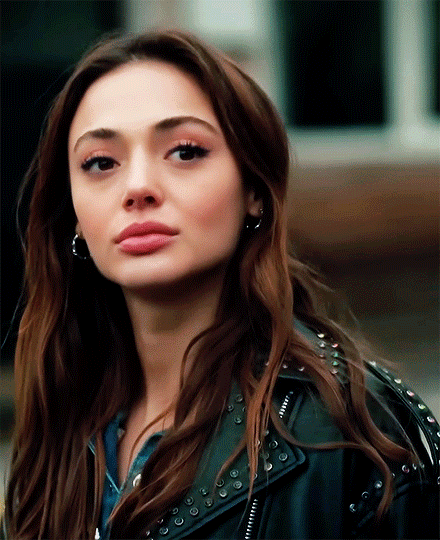
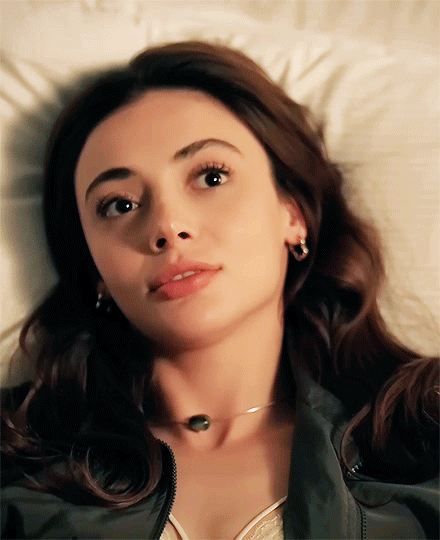

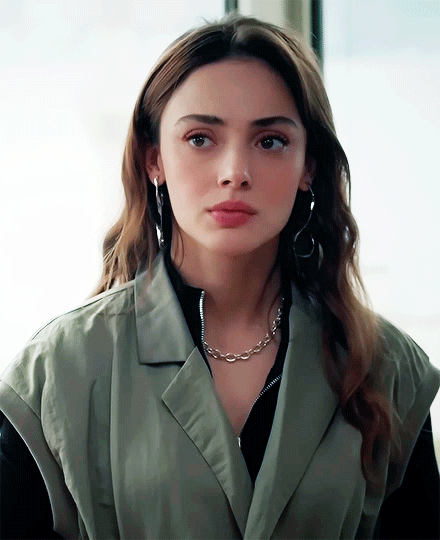


rabia soytürk as asli yildiz | veda mektubu
#rabiasoyturkedit#rabia soyturk#rabia soytürk#turkish drama#turkishedit#turkish fc#turkish dizis#turkish films#vedamektubuedit#veda mektubu#*
63 notes
·
View notes
Text
One of Those Days When Hemme Dies (2024) Review
Director: Murat Fıratoğlu
Runtime: 82 minutes
Language(s): Turkish audio; English subtitles
Certification: PG13 (Singapore; some coarse language)
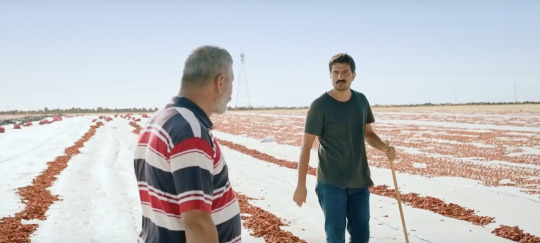
One of Those Days When Hemme Dies feels very much like an adaptation of Abbas Kiarostami’s Where is the Friend’s House?
In Kiarostami’s film, young Ahmad goes on a mission to return a misplaced school notebook to his friend. If this friend doesn’t present his completed homework in the notebook tomorrow, he’ll be expelled. Other than the village, Ahmad doesn’t know where his friend lives. So, he runs around asking others, mostly adults, for help. Nobody manages to provide much of it. Even if they do give some clues as to where his friend might be, Ahmad still ends up wandering through long, winding paths and up and down inclines and slopes. Most frustratingly, the adults barely seem to be listening to him.
In Fıratoğlu’s film, Eyüp (played by Fıratoğlu himself) sets off to shoot his eponymous supervisor, Hemme. Despite repeatedly reminding Hemme about wages, it’s been fifteen days since Ey��p and his fellow tomato harvest workers have received any. One of the workers reminds Eyüp that Hemme is just an employee too, so the wages aren’t in his control, but Eyüp is desperate. He has one last day to repay a debt. I get the sense that unlike Ahmad, Eyüp knows where to go. The issue is about actually getting there.
Eyüp’s motorbike is the first obstacle in getting to Hemme. It keeps dying. So, Eyüp is forced to dismount every so often and run with the bike. He eventually gives up on it, leaving it by the side of a road as the adhan, the Islamic call to prayer, sounds from a distance.
The adhan is a repeating motif throughout the film. In Islam, there are five obligatory daily prayers, and the start of each prayer period is announced with the adhan. These prayers act as reminders of God; as reminders to obey Him. Which entails not taking a life unjustly.
The first time we hear the adhan is during the scene in which he leaves his bike by the side of the road. But before doing this, he pauses, just standing there on barren land, framed in an extreme wide shot. (This is one of the film’s many long takes.) Though we never see Eyüp pray, I like to think that hearing the adhan still gave him pause.
The people that Eyüp meets along his journey is the second obstacle in getting to Hemme. However, Eyüp’s situation is almost the opposite to Ahmad’s in Friend’s House. While Ahmad is usually treated coldly or harshly—especially by adults he knows—Eyüp is often smothered with hospitality, not only by acquaintances but strangers too.
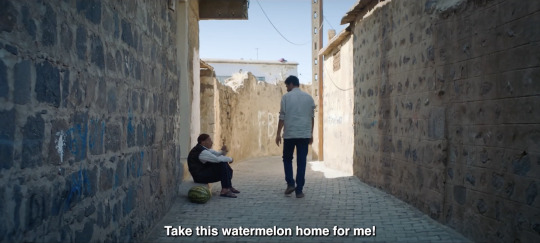
Over and over again, Eyüp is invited to join others: for a meal, for a snack, for some conversation. Over and over again, he insists that he’s “late for work” (is he actually?) but somewhat gives in to their hospitable demands in the end. When an elderly man sitting in an alley asks for help with carrying a watermelon back home, Eyüp keeps walking on at first—then returns, unable to ignore the request. The two then shuffle on to the old man’s house with the heavy fruit and linked arms. At the house, the old man insists that Eyüp have some watermelon.
The sequence with the old man strikes me as the most reminiscent of Friend’s House, which also contains a sequence featuring an old man winding through alleys with the protagonist.
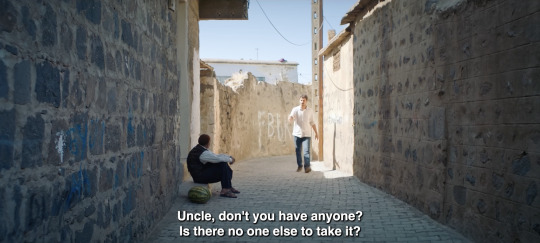
With respect to mise en scène, both sequences use wide shots containing leading lines formed by the sandy-hued walls of the winding alleys. With respect to narrative technique, both use the event of accompanying the old man to build tension. Naturally, he can’t walk fast, so the protagonist must slow down despite the urge to race ahead.
And sure enough, Semih Yıldız mentions Kiarostami in IndieWire’s survey of cinematographers with films screening at the Venice Film Festival 2024: “When I first read Murat Fıratoğlu’s script […], the world in which the story takes place reminded me of the minimal cinematic language of Abbas Kiarostami”.
However, the tension that builds in One of Those Days feels more comedic than in Friend’s House. For someone who seems quite determined to shoot a person, it’s ironic that Eyüp can’t bring himself to be impolite to others. It’s somewhat absurd. So, the tension in Fıratoğlu’s film was enjoyable while it was frustrating in Kiarostami’s.
One of Those Days When Hemme Dies feels very much like an adaptation of Abbas Kiarostami’s Where is the Friend’s House?: a Turkish, more adult, and more entertaining adaptation.
Rating: 4/5
Thank you to SGIFF for the Cinephile Pass and for the screening of One of Those Days When Hemme Dies.
#film review#movie review#film criticism#sgiff#sgiff35#35th singapore international film festival#turkish cinema#drama#Murat Fıratoğlu#abbas kiarostami#عباس کیارستمی#where is the friend's house?#one of those days when hemme dies#Hemme’nin Öldüğü Günlerden Biri#turkish film
3 notes
·
View notes
Text



Ayrılık / Die Fremde [When We Leave] (Feo Aladag, 2010)
#Ayrılık#Die Fremde#When We Leave#drama film#Turkey#self-determination#motherhood#struggle#intolerance#life#contemporary Turkish society#honor#family#Istanbul#love#systems of values#Feo Aladag#Sibel Kekilli#Nizam Schiller#Cinema of Turkey#mother and son#Derya Alabora#Germany#Almila Bagriacik#Tamer Yiğit#Florian Lukas#Ufuk Bayraktar#social pressures#independence#Berlin
13 notes
·
View notes
Text





“Once Upon a Time in Anatolia” (Bir Zamanlar Anadolu'da). Directed by Nuri Bilge Ceylan. 2011. Turkish.
#nuri bilge ceylan#once upon a time in Anatolia#film#film history#turkish history#turkiye#turkey#turkic#culture#photography#drama#crime drama
2 notes
·
View notes
Text


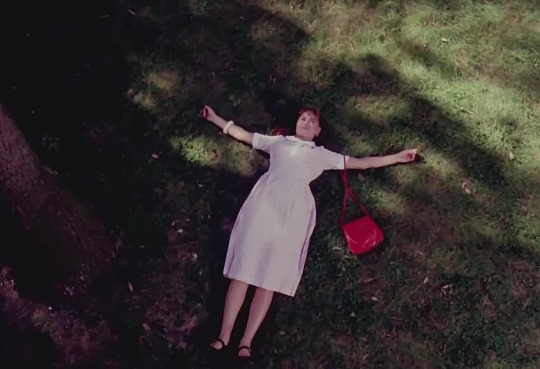



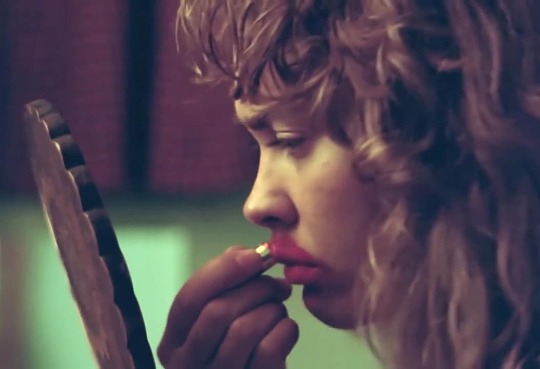
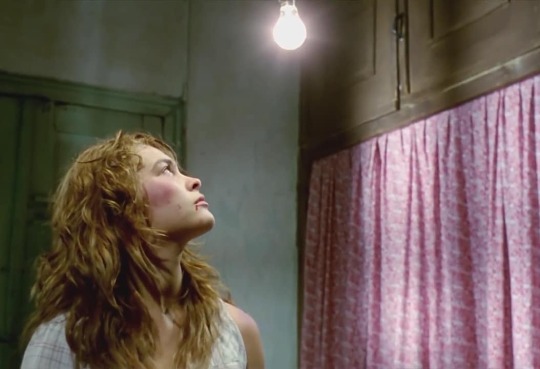


My Cinemas / Benim Sinemalarım (1990)
Dir. Füruzan, Gülsün Karamustafa
#my cinemas#benim sinemalarım#gülsün mustafa#Füruzan#hülya avşar#turkish movie#turkish cinema#movie#film#movies#cinematography#cinema#drama#good movie
14 notes
·
View notes
Text
The Breath is a Turkish war drama directed by Levent Semerci, released in 2009, and remembered as a deeply impactful film. It sheds light on the inner worlds, fears, camaraderie, and sacrifices of a group of young soldiers and their commander stationed at a remote border post in southeastern Turkey.
With powerful performances by actors such as Mete Horozoğlu, İlker Kızmaz, and Barış Bağcı, the film immerses the audience in the harsh yet heartfelt atmosphere of a military outpost. The soldiers face not only their enemy but also the merciless conditions of nature and the storms within their own hearts.
Breath centers on humanity and patriotism, while also revealing the stark, grueling reality of war. It conveys the inner struggles and longing of young men slowly worn down by the cold, unforgiving truths of conflict, allowing viewers to empathize deeply. Through its compelling visuals, realistic narrative, and delicate portrayal of the human soul, the film holds an unforgettable place in Turkish cinema.
3 notes
·
View notes
Text
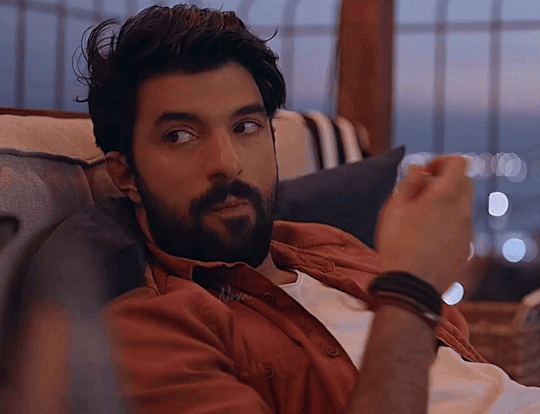
Engin Akyürek ❤️
Bir Aşk İki Hayat - Umut
#engin akyurek icons#engin akyürek#engin akyurek#turkish actor#turkish series#turkish actress#actor#tv series#drama series#tv shows#bir ask iki hayat#bir aşk iki hayat#adim farah#turkish movies#movie#film#film gifs#gif#tvedit
4 notes
·
View notes
Text

Aslı Özge crafts a playfully tender ode to her aging father and the ever-changing scenery of Istanbul. This heartfelt exploration of mortality, gentrification, and familial bonds brims with wit and warmth, revealing the quiet vitality in life’s final chapters and our enduring connections to home.
Faruk directed by Aslı Özgen
1 note
·
View note
Text
حليب حلال _ فيلم تركي مدبلج للعربية
في حديث عن النبي محمد صلى الله عليه وسلم يقول فيه إن الحلال بيِّن وإن الحرام بين، وبينهما أمور مُشْتَبِهَاتٌ لا يعلمهن كثير من الناس، فمن اتقى الشُّبُهات فقد اسْتَبْرَأ لدينه وعرضه، ومن وقع في الشبهات وقع في الحرام ” الفيلم يروي قصة امرأة عملت بعكس الحديث النبوي فما الذي حصل معها ؟ العشاق الذين لا يستطيعون اللقاء , الحرب بين الخير والشر , قصص عاطفية مستوحاة من الأغاني الشعبية , كل ذلك و أكثر على…

View On WordPress
#turkish drama arabic dubbed#turkish film#turkish movies arabic dubbed#turkish series arabic dubbed#أفلام تركية#أفلام تركية مدبلجة للعربية#أفلام تلفزيونية بالعربية#أفلام كوميدية#أفلام مدبلجة#افلام تركية#افلام تركية جديدة مدبلجة 2022#الأفلام التركية#الأفلام كاملة بالعربية#تركي#حلال#حليب#حليب حلال#دراما تركية#فيلم#فيلم تركي#فيلم تركي مدبلج#فيلم تركي مدبلج بالعربية 2022#للعربية#مدبلج#مسلسل تركي#مسلسل تركي مدبلج#مسلسلات تركية#مسلسلات تركية مترجمة#مسلسلات تركية مدبلجة
0 notes
Text
"10 Things I Hate About You" is a hate-to-love story between a delinquent Rahu boy and a badass feminist Ketu girl mwahaha. It does have Beauty-&-The-Beast elements but it's him trying to 'tame' her — more like coerce her which is typical of Rahu's illusory nature (& the film has a lot of internalized misogyny).
Ardra Moon

Mula Moon

And then the reverse of this is in "You", both falling in love and then turning to hate each other lmaoo literally trying to kill each other in the end too 😭
Mula Moon

Swati Moon, Swati Sun

Actually Rahuvian men victimizing/preying upon Ketuvian women... cause in "You" he kills his Mula Moon partner in the end. And in "Last Night In Soho", the Ketuvian becomes captivated by the charismatic Rahuvian who she ends up falling prey to, like all the other girls have — although she does kill him in the end (as deserved 🖤).
Ashwini Sun
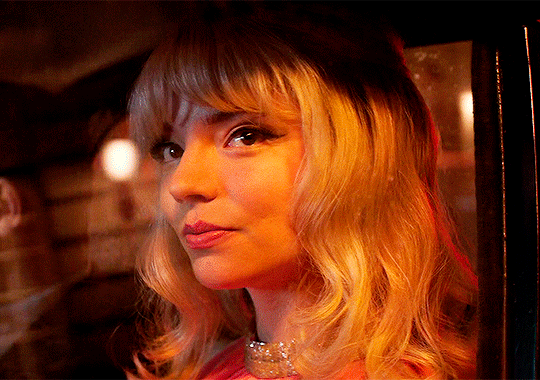
Shatabhisha Moon, Swati Sun
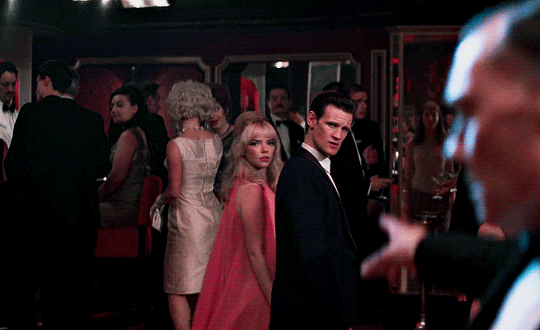
Same thing happened in "Scream", and she's the one to kill him in the end. He's an Ardra Moon and she's a Mula Moon 💀

Also I see the forbidden love trope being between Nodal nakshatras (and also Mercurials but will be touching on that laters). Like the film "Brokeback Mountain" with a Mula Sun man and an Ardra Moon man.
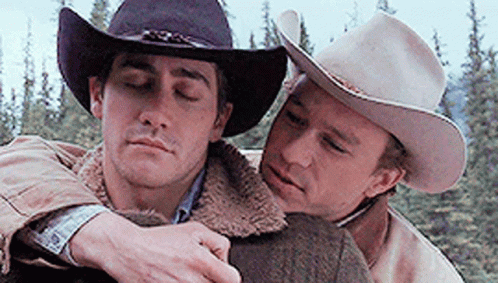
Romeo & Juliet (2013), she's an Ardra Ascendant and he's a Swati Moon.
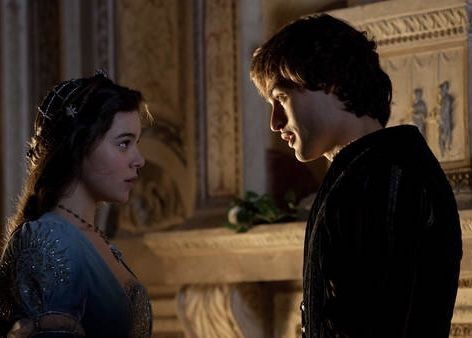
Also Romeo & Juliet (1968), she's an Ashwini Sun & Magha Moon and he's an Ardra Sun.

The Turkish drama "Ask-i Memnu", another forbidden love storyline with a Mula Moon, Shatabhisha Sun woman and an Ardra Moon, Swati Sun man.
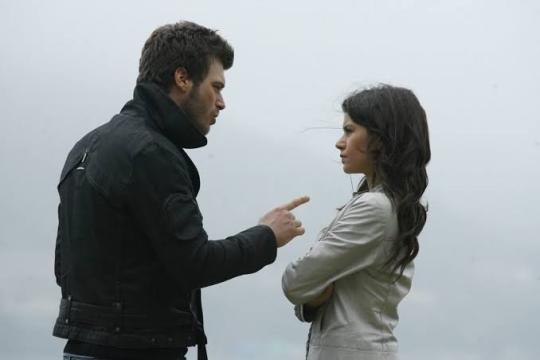
AND the Spanish version of it which has a Mula Moon woman and an Ardra Moon, Ashwini Sun man!
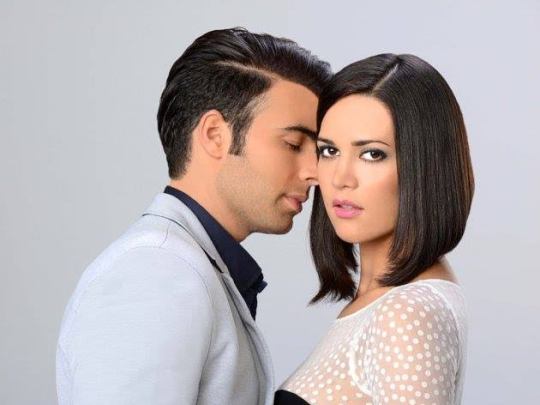
And in the story the Ketuvian woman dies in the end because of his ego 💀
#random#vedic astrology#astrology#astro observations#sidereal astrology#Ashwini#Shatabhisha#Magha#Swati#Mula#Ardra#Aries#Aquarius#Leo#Sagittarius#Libra#Gemini
365 notes
·
View notes
Text


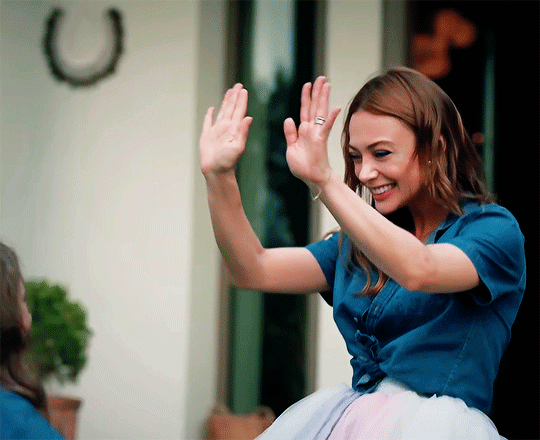

rabia soytürk as asli yildiz | veda mektubu
#rabiasoyturkedit#rabia soyturk#rabia soytürk#vedamektubuedit#veda mektubu#turkish drama#turkish dizis#turkish tv#turkish fc#turkish films#*
23 notes
·
View notes
Text
Skill Names in DE's Turkish Localization
Disco Elysium is one of those games that works way better if localized instead of directly translated. There are so many references, hard to translate jokes, a lot of niche terminology and a lot of different types of speech characters use. It also loves using foreign words a lot, especially French. Lockpick prioritized keeping the vibes and tone of the text over translating things literally. So a lot of things got: changed, including skill names:

As you can see, some of the names that couldn't get translated directly got changed. Makes sense. I can't imagine that approach working for half light for example, since it isn't a word people use in English. Some extra notes on these changes:
"Calculus" part of Visual Calculus is called "Kalkülüs" in Turkish. It's not a commonly used word here though. We do have calc and pre-calc lessons in high school, we just don't refer to them as such. Analiz is easier to understand.
Shivers doesn't have a Turkish word for it. Closest thing is "Titreme" or "Titreme Nöbeti" botth of which sound very technical. Doesn't fit the skill at all.
The Turkish word for suggestion is "öneri". It doesn't work for our purposes because its meaning is closer to "recommendation", like suggesting something. It doesn't have the sinister undertones that "suggestion" can have sometimes. Funnily enough, this skill's whole thing is subtlety. So I bet they'd hate to be called manipulation.
Ali Barutçuoğlu, one of the people who worked on this localization, actually talked about Inland Empire on a blog post. It's definitely an interesting case. As you may know, Inland Empire is a reference to a David Lynch (Rip) film. It was released here but since "Inland Empire" refers to a place, its name wasn't localized. Like how you wouldn't translate "Chinatown" literally. Lockpick didn't want to get rid of the movie reference, so they named the skill after Mar Adentro (En: The Sea Inside), another drama film. A sea inside of someone can refer turbulent emotions in Turkish so it's an amazing fit in my opinion! It works even if you don't get the reference.
Savoir Faire has to be my favourite change though. If you have seen the Ultraliberal quest, you know. There is the fact that he nicknames himself "Savvy" for the entire quest - BUT ALSO, "işbilirlik" is almost always used in context of like, office jobs and business. The players who didn't go that route can easily recontextualize it as a general thing as well. It has an air of confidence which fits the skill. It's perfect.
Not mentioned here, but Esprit de Corps was changed to be Turkish as well. An English person can guess the meaning of it without understanding French, that's not the case for a Turkish speaker. Still, Turkish has a lot of loanwords from French that Lockpick can use - like "gendarme" (jandarma)!
#sepya plays disco elysium#disco elysium#ramblings of someone who is very serious about localizations lol
16 notes
·
View notes
Text









Kuru Otlar Üstüne [About Dry Grasses] (Nuri Bilge Ceylan, 2023)
#Kuru Otlar Üstüne#About Dry Grasses#Nuri Bilge Ceylan#drama film#2020s movies#Deniz Celiloğlu#Merve Dizdar#contemporary Turkish cinema#Türkiye#Turkey#Doğu Anadolu#Eastern Anatolia#love#students#meaning of life#Alawites#Nusayrites#Arap Alevileri#Nusayriler#Asagi Incesu#Karayazi#Erzurum#Turchia#relationship#intellectual class#narcissism#Musab Ekici#teachers#teaching#friendship
4 notes
·
View notes
Text
my mum, funniest woman in the world, is obsessed with ertugrul that turkish drama about the ottoman empire and hated gladiator 2 BUT admitted that if it was the exact same film but about muslims instead she would've liked it
7 notes
·
View notes
Text
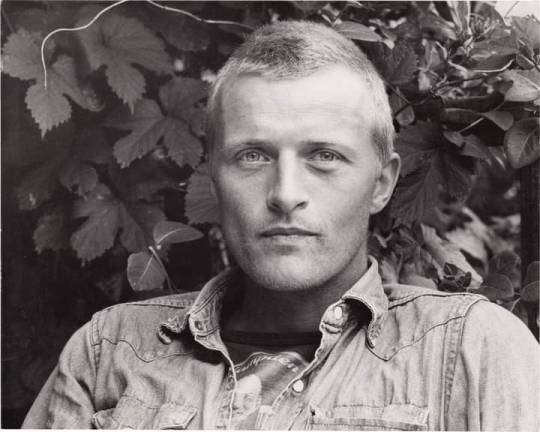
In MEMORY of RUTGER HAUER on his BIRTHDAY - (January 23, 1944 - July 19, 2019)
Career years: 1969 - his death
Born Rutger Oelsen Hauer, Dutch actor. In 1999, he was named by the Dutch public as the Best Dutch Actor of the Century.
Hauer's career began in 1969 with the title role in the Dutch television series Floris and surged with his leading role in Turkish Delight (1973), which in 1999 was named the Best Dutch Film of the Century. After gaining international recognition with Soldier of Orange (1977) and Spetters (1980), he moved into American films such as Nighthawks (1981) and Blade Runner (1982), starring in the latter as self-aware replicant Roy Batty. His performance in Blade Runner led to roles in The Osterman Weekend (1983), Ladyhawke (1985), The Hitcher (1986), The Legend of the Holy Drinker (1988), and Blind Fury (1989), among other films.
From the 1990s on, Hauer moved into low-budget films, and supporting roles in major films like Buffy the Vampire Slayer (1992), Confessions of a Dangerous Mind (2002), Batman Begins (2005), Sin City (2005), and The Rite (2011). Hauer also became well known for his work in commercials. Towards the end of his career, he made a return to Dutch cinema, and won the 2012 Rembrandt Award for Best Actor in recognition of his lead role in The Heineken Kidnapping (2011).
Hauer supported environmentalist causes and was a member of the Sea Shepherd Conservation Society. He also founded the Rutger Hauer Starfish Association, an AIDS awareness organization. He was made a knight in the Order of the Netherlands Lion in 2013.
Early life -
Hauer was born in Breukelen, in the Province of Utrecht, while the Netherlands was under German occupation during World War II. He stated in a 1981 interview, "I was born in the middle of the war, and I think for that reason I have deep roots in pacifism. Violence frightens me." His parents were Teunke (née Mellema) and Arend Hauer, both actors who operated an acting school in nearby Amsterdam. He had three sisters. According to Hauer, his parents were more interested in their art than their children. He did not have a close relationship with his father, and writer Erik Hazelhoff Roelfzema later became a father figure to Hauer after they met during the filming of Soldier of Orange.
Hauer attended a Rudolf Steiner school, as his parents wanted him to develop his creativity. At the age of 15, he left school to join the Dutch merchant navy. He spent a year travelling the world aboard a freighter, but was unable to become a captain due to his colourblindness. Returning home, he worked odd jobs while finishing his high school diploma at night. He then entered the Academy for Theater and Dance in Amsterdam for acting classes, but soon dropped out to join the Royal Netherlands Army. He received training as a combat medic, but left the service after a few months as he opposed the use of deadly weapons. He subsequently returned to acting school and graduated in 1967.
Career:
Early works -
Hauer had his first acting role at the age of 11, as Eurysakes in the play Ajax. After graduating from the Academy for Theater and Dance, he became a stage actor with the Toneelgroep Noorder Compagnie. Hauer made his screen debut in 1969 when Paul Verhoeven cast him in the lead role of the television series Floris, a Dutch medieval action drama. The role made him famous in his native country, and Hauer reprised his role for the 1975 German remake Floris von Rosemund.
Hauer's career changed course when Verhoeven cast him in Turkish Delight (1973), which received an Oscar nomination for best foreign-language film. The film found box office favour abroad and at home, and Hauer looked to appear in more international films. Within two years, Hauer made his English-language debut in the British film The Wilby Conspiracy (1975). Set in South Africa, the film was an action-drama with a focus on apartheid. Hauer's supporting role, however, was barely noticed in Hollywood, and he returned to Dutch films for several years. During this period, he made Katie Tippel (1975) and worked again with Verhoeven on Soldier of Orange (1977), and Spetters (1980). These two films paired Hauer with fellow Dutch actor Jeroen Krabbé. At the 1981 Netherlands Film Festival, Hauer received the Golden Calf for Best Actor for his overall body of work.
American breakthrough -
Hauer made his American debut in the Sylvester Stallone film Nighthawks (1981) as a psychopathic and cold-blooded terrorist named Wulfgar. With his sights set on a long-term career in Hollywood, Hauer worked with an accent coach in the early 1980s to develop a convincing American accent. Unafraid of controversial roles, he portrayed Albert Speer in the 1982 American Broadcasting Company production Inside the Third Reich. The same year, Hauer appeared in arguably his most famous and acclaimed role as the eccentric and violent but sympathetic antihero Roy Batty in Ridley Scott's 1982 science fiction thriller Blade Runner, in which he delivered the famous tears in rain monologue. Hauer composed parts of the monologue the evening prior to filming, "cutting away swathes of the original script before adding the speech’s poignant final line". He went on to play the adventurer courting Theresa Russell in Eureka (1983), investigative reporter opposite John Hurt in The Osterman Weekend (1983), hardened mercenary Martin in Flesh & Blood (1985), and knight paired with Michelle Pfeiffer in Ladyhawke (1985).
He appeared in The Hitcher (1986), in which he played a mysterious hitchhiker tormenting a lone motorist and murdering anyone in his way. He received the 1987 Golden Globe Award for Best Supporting Actor for his role in the television film Escape from Sobibor. At the height of Hauer's fame, he was set to be cast as RoboCop (1987), but Verhoeven, the film's director, considered his frame as too large to move comfortably in the character's suit. Also in 1987, Hauer starred as Nick Randall in Wanted: Dead or Alive as the descendant of the character played by Steve McQueen in the television series of the same name.
In 1988, he played a homeless man in Ermanno Olmi's The Legend of the Holy Drinker. This performance won Hauer the Best Actor award at the 1989 Seattle International Film Festival. Hauer was chosen to portray a blind martial artist superhero in Phillip Noyce's action film Blind Fury (1989). He initially struggled with the implausibility of the character, but learned to "unfocus my eyes, to react to smells and sounds" after meeting with blind judo practitioner Lynn Manning during his research for the role. Hauer returned to science fiction in 1989 with The Blood of Heroes, in which he played a gladiator in a post-apocalyptic world.
Commercials and later roles -
By the 1990s, Hauer was well known for his humorous Guinness commercials as well as his screen roles, which had increasingly involved low-budget films, such as Split Second (1992); The Beans of Egypt, Maine (1994); Omega Doom (1996) and New World Disorder (1999). In 1992, he appeared in the horror-comedy film Buffy the Vampire Slayer as the main antagonist vampire Lothos. He also appeared in the Kylie Minogue music video "On a Night Like This" (2000). During this time, Hauer acted in several British, Canadian and American television productions, including Amelia Earhart: The Final Flight (1994) as Earhart's navigator Fred Noonan, Fatherland (1994), Hostile Waters (1997), The Call of the Wild: Dog of the Yukon (1997), Merlin (1998), The 10th Kingdom (2000), Smallville (2003), Alias (2003), and Salem's Lot (2004).
Hauer played an assassin in Confessions of a Dangerous Mind (2003), a villainous cardinal with influential power in Sin City (2005) and a devious corporate executive running Wayne Enterprises in Batman Begins (2005). Also in 2005, he played the title role in Patrick Lussier's film Dracula III: Legacy. Seven years later, he portrayed the vampire hunter Abraham Van Helsing in Dario Argento's Dracula 3D. Hauer hosted the British reality television documentary Shock Treatment in 2005, and featured in Goal II: Living the Dream (2007) as Real Madrid coach Rudi Van der Merwe. He also recorded voice-overs for the British advertising campaign for the Danish butter brand Lurpak.
In 2008, Hauer received the Golden Calf Culture Prize for his contributions to Dutch cinema. The award recognised his work as an actor as well as his efforts to aid the development of young filmmakers and actors, through initiatives such as the Rutger Hauer Film Factory. In 2009, his role in avant-garde filmmaker Cyrus Frisch's Dazzle received positive reviews; it was described in Dutch press as "the most relevant Dutch film of the year". The same year, Hauer starred in the title role of Barbarossa, an Italian film directed by Renzo Martinelli. In April 2010, he was cast in the live action adaptation of the short and fictitious Grindhouse trailer Hobo with a Shotgun (2011). Hauer played Freddie Heineken in The Heineken Kidnapping (2011), for which he received the 2012 Rembrandt Award for Best Actor. Also in 2011, Hauer appeared in the supernatural horror film The Rite as an undertaker named Istvan, the protagonist's father.
From 2013 to 2014, Hauer featured as Niall Brigant in HBO's True Blood. In 2015, he starred as Ravn in The Last Kingdom and as Kingsley in Galavant. In 2016, he joined the film jury for ShortCutz Amsterdam, an annual film festival promoting short films in Amsterdam. Hauer voiced the role of Daniel Lazarski in the 2017 video game Observer, set in post-apocalyptic Poland. Lazarski is a member of a special elite police unit that can hack into minds and interact with memories within. Hauer also provided the voice of Xehanort in the 2019 video game Kingdom Hearts III, replacing the late Leonard Nimoy and was himself replaced by Christopher Lloyd following his death.
Personal life -
Hauer was married twice:
Hauer and his first wife, Heidi Merz, produced Hauer’s only child, Aysha Hauer (born 1966). An actress, she gave birth to Hauer's grandson in 1987.
Hauer was with his second wife, Ineke ten Cate, from 1968, and they married in a private ceremony on 22 November 1985. Cate was the daughter of Laurens ten Cate, the editor-in-chief of the Friesland-based newspaper Leeuwarder Courant.
Although born in Utrecht, Hauer had strong links to Friesland. He once stated in an interview with the Algemeen Dagblad that he "needed to feel the Frisian clay under his feet".
Hauer was an environmentalist. He supported the Sea Shepherd Conservation Society and was a member of its board of advisors. He also established an AIDS awareness organization called the Rutger Hauer Starfish Association.
In April 2007, he published his autobiography, All Those Moments: Stories of Heroes, Villains, Replicants, and Blade Runners (co-written with Patrick Quinlan), in which he discussed many of his acting roles. Proceeds from the book go to the Rutger Hauer Starfish Association.
Death -
Hauer died at his home in Beetsterzwaag, following a short illness. He was 75 years old. A private funeral service was held on 24 July. On 23 January 2020, which would have been Hauer's 76th birthday, a ceremony was held in Beetsterzwaag in his honour. Attendees included Sharon Stone, Miranda Richardson, Diederik van Rooijen, and Prince Pieter-Christiaan of Orange-Nassau, van Vollenhoven.
15 notes
·
View notes
Text
by Jordan Hoffman
In Christopher Nolan's Oppenheimer, the decision of Cillian Murphy's J. Robert Oppenheimer to make the leap from theoretical physics to practical applications is a personal one. "It's not your people they're herding into camps," he says to Josh Hartnett's Ernest Lawrence. "It's mine."
Oppenheimer's Jewish background (and that of many of the brilliant people portrayed in the film, like Albert Einstein, Edward Teller, Isidor Isaac Rabi, Richard Feynman, Leo Szilard and others) is a key component in their determination to prevent the Nazis from being first to create an atomic bomb. You would not know this, however, if you saw the movie in Arabic.
As reported in The National, an English-language news outlet based in the United Arab Emirates, the Lebanon-based company that translated the film for the region has dodged the specific word for Jews and, instead, has opted to use word ghurabaa that translates as stranger or foreigner.
Egyptian film director Yousry Nasrallah criticized the decision, saying "The Arabic translation of the dialogue was strikingly poor. There is nothing to justify or explain the translation of Jew to ghareeb or ghurabaa. It is a shame."
An unnamed representative for the film told The National that this is not atypical for Middle Eastern censor boards. "There are topics we usually don't tackle, and that is one of them. We cannot use the word 'Jew', the direct translation in Arabic, otherwise it may be edited, or they ask us to remove it."
They continued, "In order to avoid that, so people can enjoy the movie without having so many cuts, we would just change the translation a little bit. This has been an ongoing workflow for the past 15 or 20 years." (In 2013, though a large section of the Brad Pitt action film World War Z was set in Israel, Turkish translations changed all references to simply "The Middle East.")
There are several moments in the film in which the impact is blunted by this censorship. Oppenheimer's foe, Lewis Strauss (played by Robert Downey Jr.), is also Jewish, and mentions it in the film — but then is particular about the Americanized way his name ought to be pronounced. When Oppenheimer meets Rabi, who is first to voice ethical concerns about the creation of the bomb, he refers to himself and Oppenheimer as "a couple of New York Jews," marking themselves as distinct from mainstream American culture. The National reports that the translation reads as "inhabitants of New York."
Oppenheimer has seen tremendous box office success both domestically and internationally, with a cumulative gross of $650 million — a remarkable achievement for a historical drama. Last week it became the highest-grossing World War II film of all time, has extended its 70mm IMAX run in several markets, and even surpassed Star Wars: The Force Awakens as the biggest earner at Hollywood's Chinese Theatre.
35 notes
·
View notes